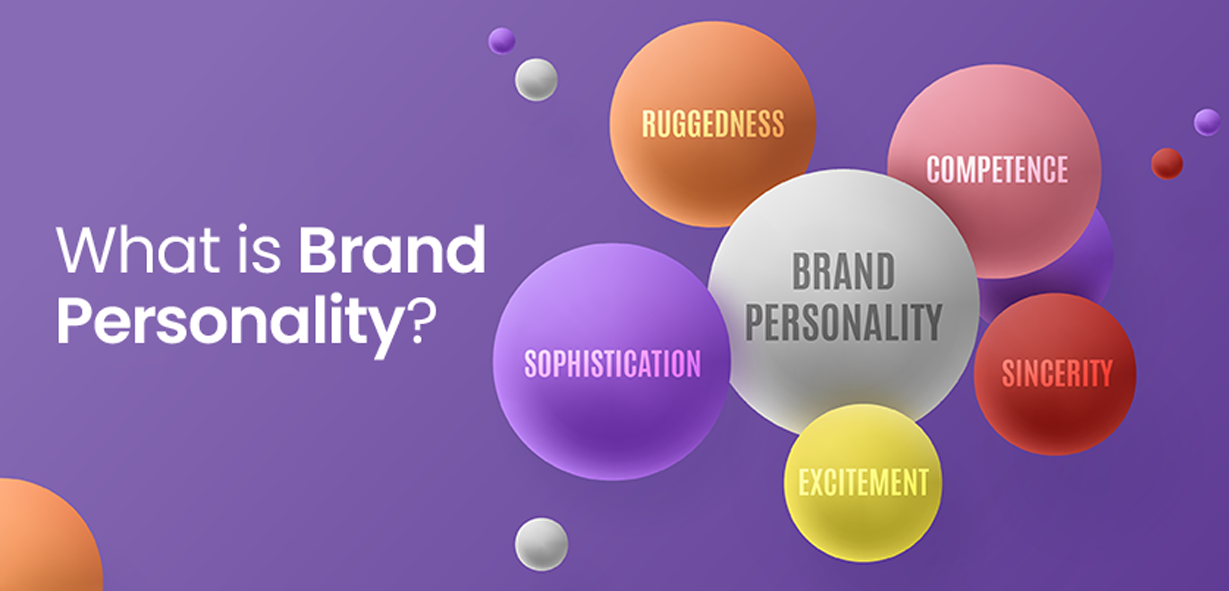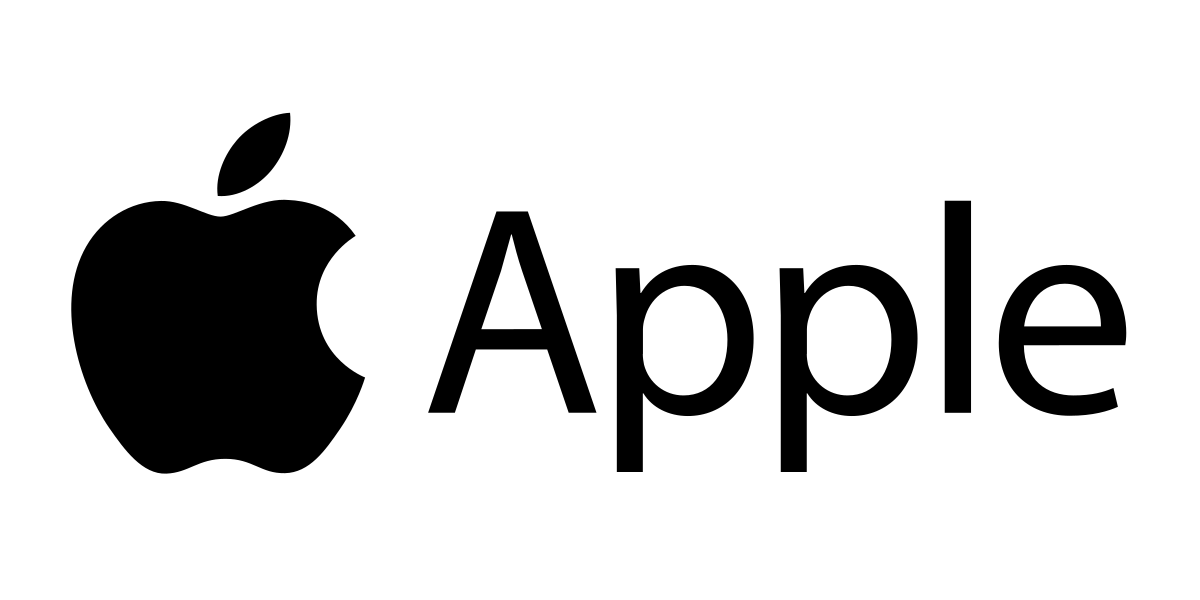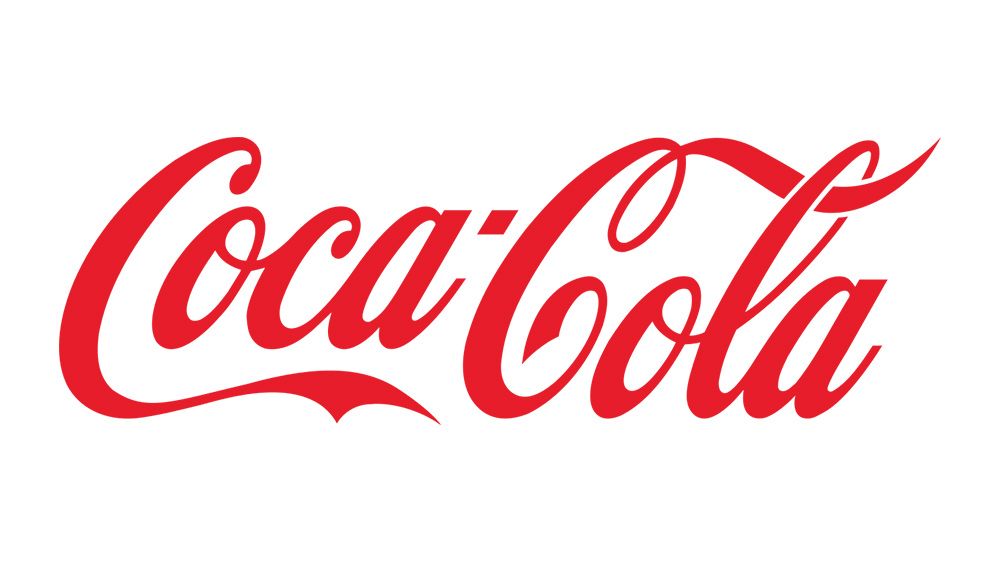
In today’s crowded marketplace, creating a successful brand is about more than just having a great product or service. It’s about standing out from the competition and creating an emotional connection with your customers. This is where brand personality comes in.
What is Brand Personality?
Brand personality is the set of human characteristics that a brand exhibits, which helps to create a personality for it. This personality can include traits like sincerity, excitement, competence, sophistication, ruggedness, or any other trait that can be associated with human personality. By giving a brand a personality, it becomes easier for consumers to identify with and remember the brand, creating an emotional connection.
Why Does Brand Personality Matter?
Brand personality matters because it helps to differentiate a brand from its competitors and make it more relatable to its target audience. It can also help to create brand loyalty and trust, which are crucial for building a successful brand.
By creating a brand personality that resonates with your target audience, you can create an emotional connection with your customers. This emotional connection can lead to increased brand recognition, customer loyalty, and ultimately, business success.
How to Develop Your Brand Personality
Developing your brand personality requires careful consideration of your brand’s values, mission, and target audience. Here are some steps to help you develop your brand personality:
- Identify Your Brand’s Values: Think about the values that are important to your brand. What do you stand for? What makes your brand unique?
- Determine Your Target Audience: Consider who your target audience is and what they value. What are their interests and beliefs? What kind of personality traits do they find attractive in a brand?
- Define Your Brand Personality: Based on your brand’s values and your target audience, define your brand personality. What kind of personality traits will resonate with your target audience and help to differentiate your brand from the competition?
- Communicate Your Brand Personality: Once you have defined your brand personality, it’s essential to communicate it consistently across all your brand touchpoints, including your website, social media, marketing materials, and customer interactions. This will help to reinforce your brand’s personality and create a cohesive brand identity.
Examples of Brands with Strong Brand Personality
Some brands that have successfully developed a strong brand personality include:

- Apple: Apple’s brand personality is characterized by innovation, sophistication, and simplicity. This personality is communicated through their sleek and minimalistic designs, their innovative products, and their marketing messages.

- Nike: Nike’s brand personality is characterized by athleticism, determination, and empowerment. This personality is communicated through their iconic “Just Do It” slogan, their sponsorship of athletes, and their bold and inspiring marketing campaigns.

- Coca-Cola: Coca-Cola’s brand personality is characterized by happiness, nostalgia, and refreshment. This personality is communicated through their iconic red and white branding, their classic advertising campaigns, and their commitment to spreading happiness and joy.
Creative Player is the best option to get help with your brand personality. Get in touch with the team today!







